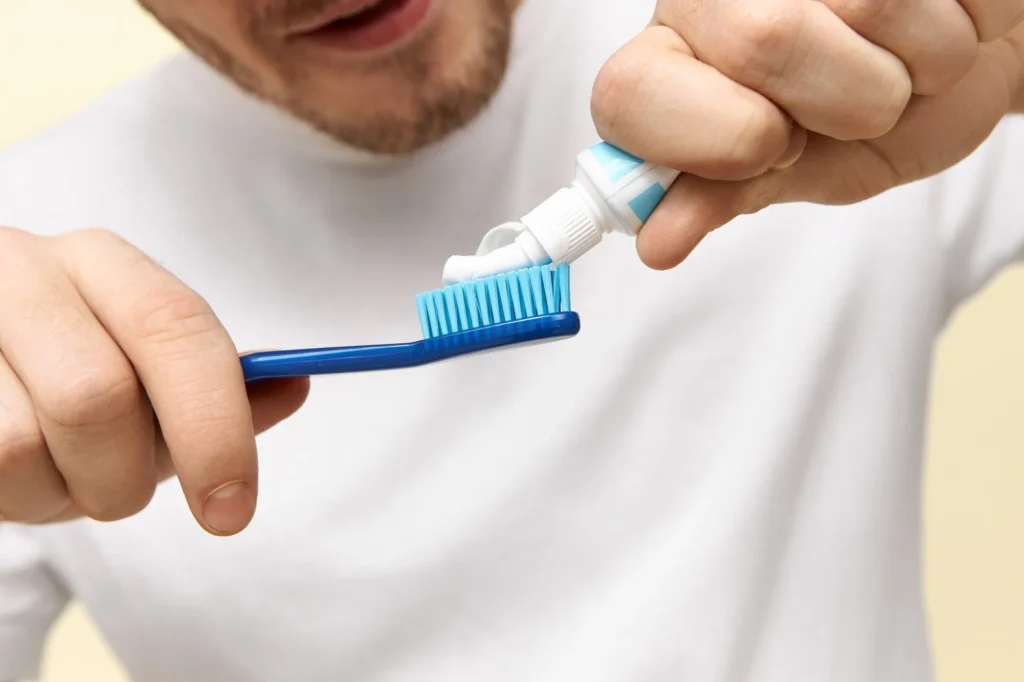-
manager.hqdentaldesign@gmail.com
10
Aug
Fluoride Treatment: Everything you need to know about

Specialized In Tooth Extraction And Dental Implant.
Dr. Hiep Pham is a phenomenal professional in tooth extraction and oral surgery. From the beginning of his Georgetown dentistry profession, he received recognition and appreciation for his exceptional patient diagnosis, treatment planning abilities, and tooth extraction proficiency



Leave A Comment